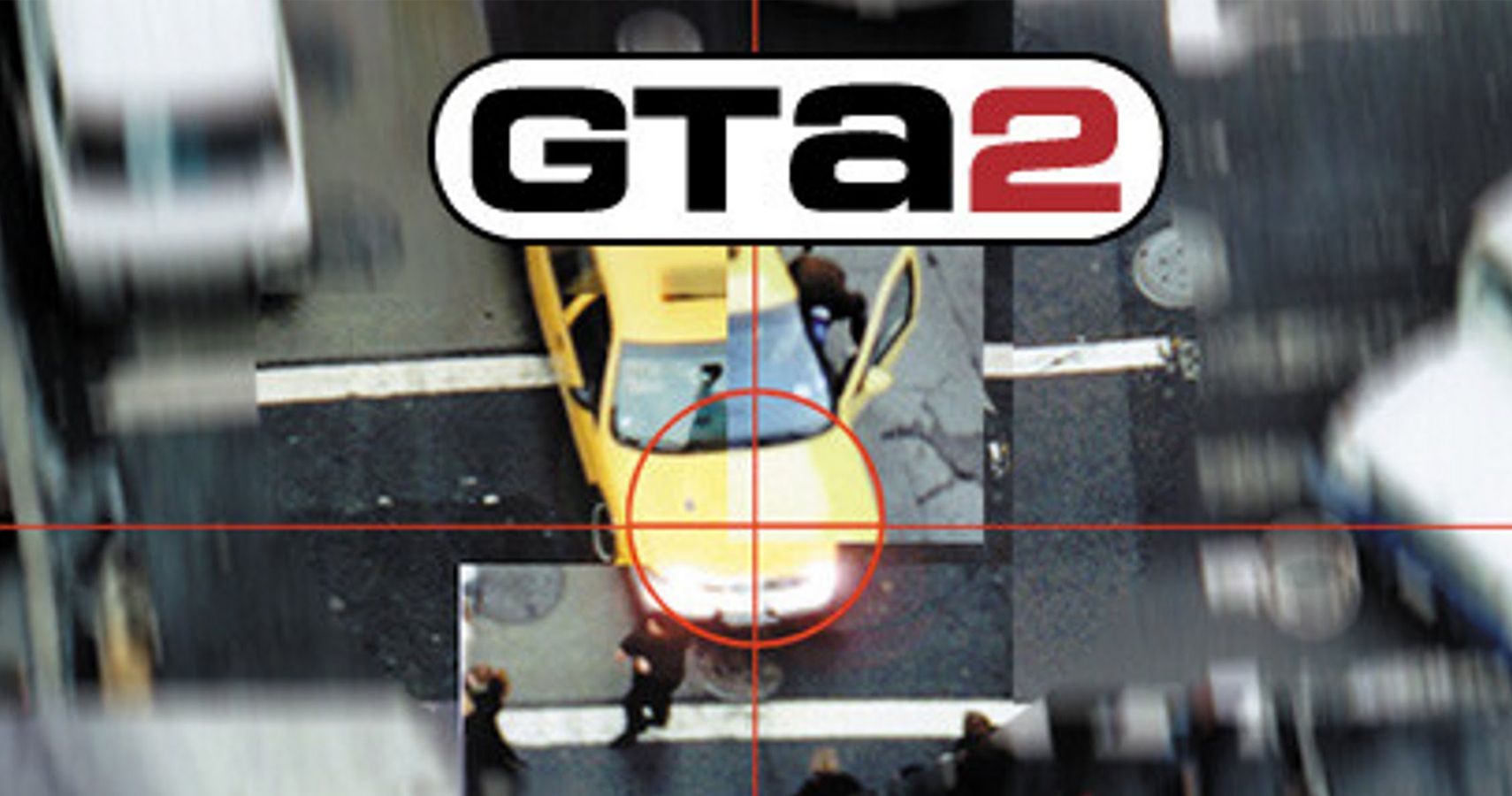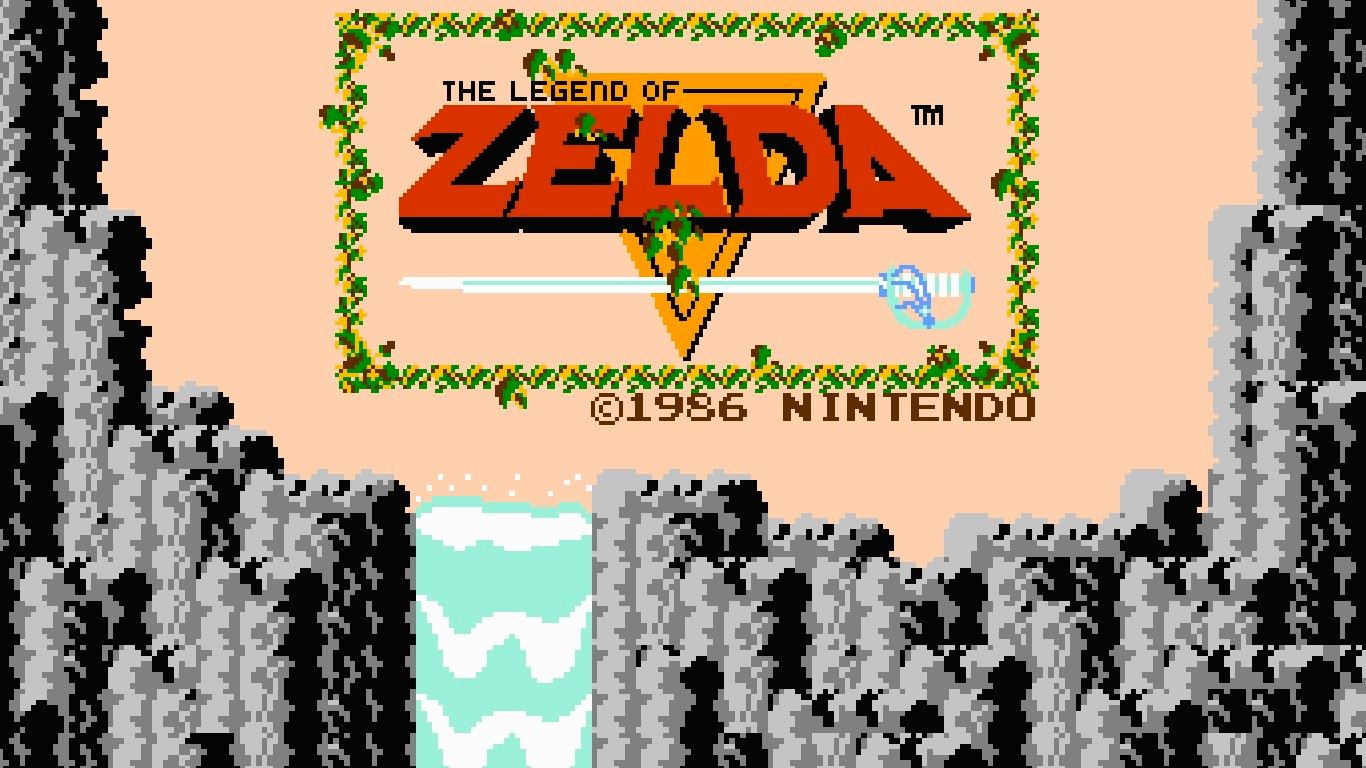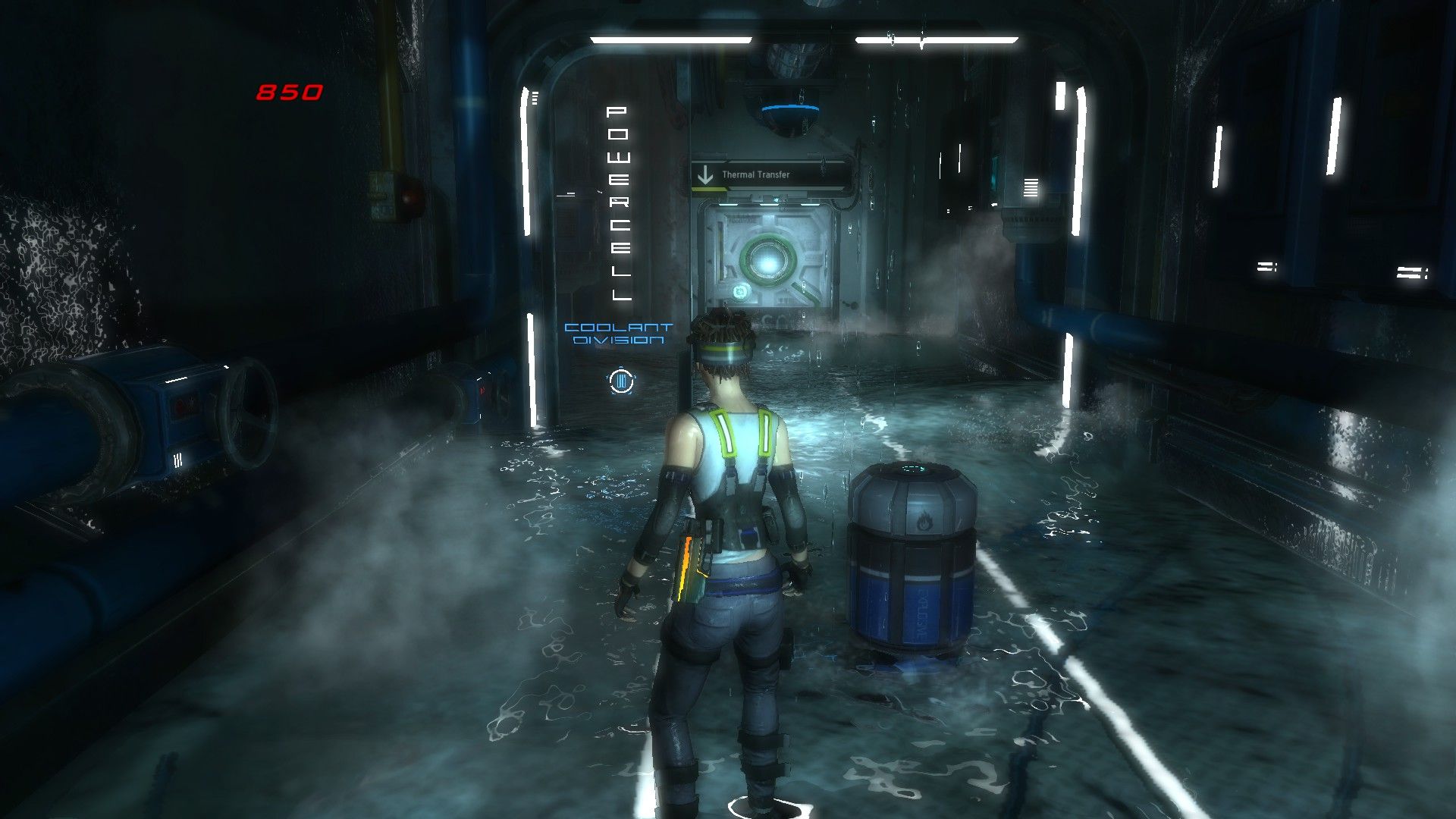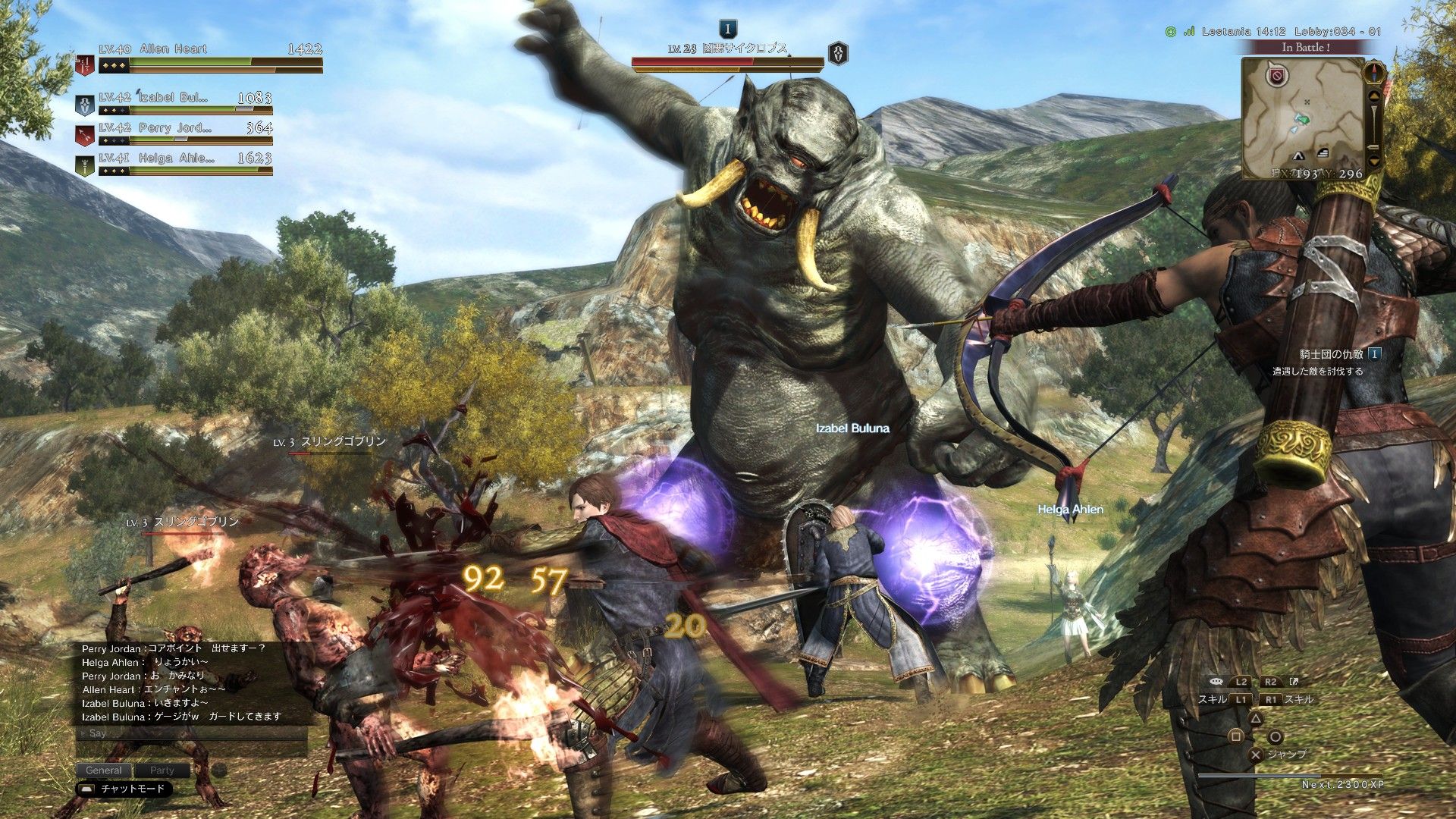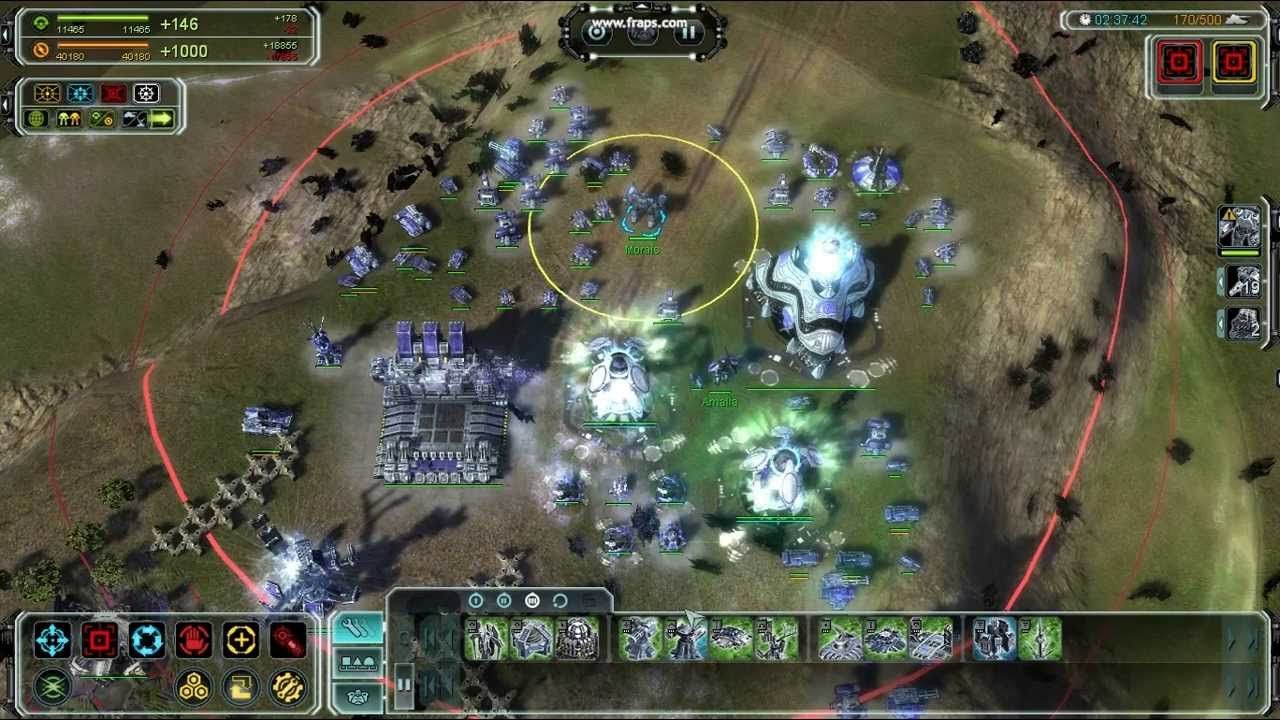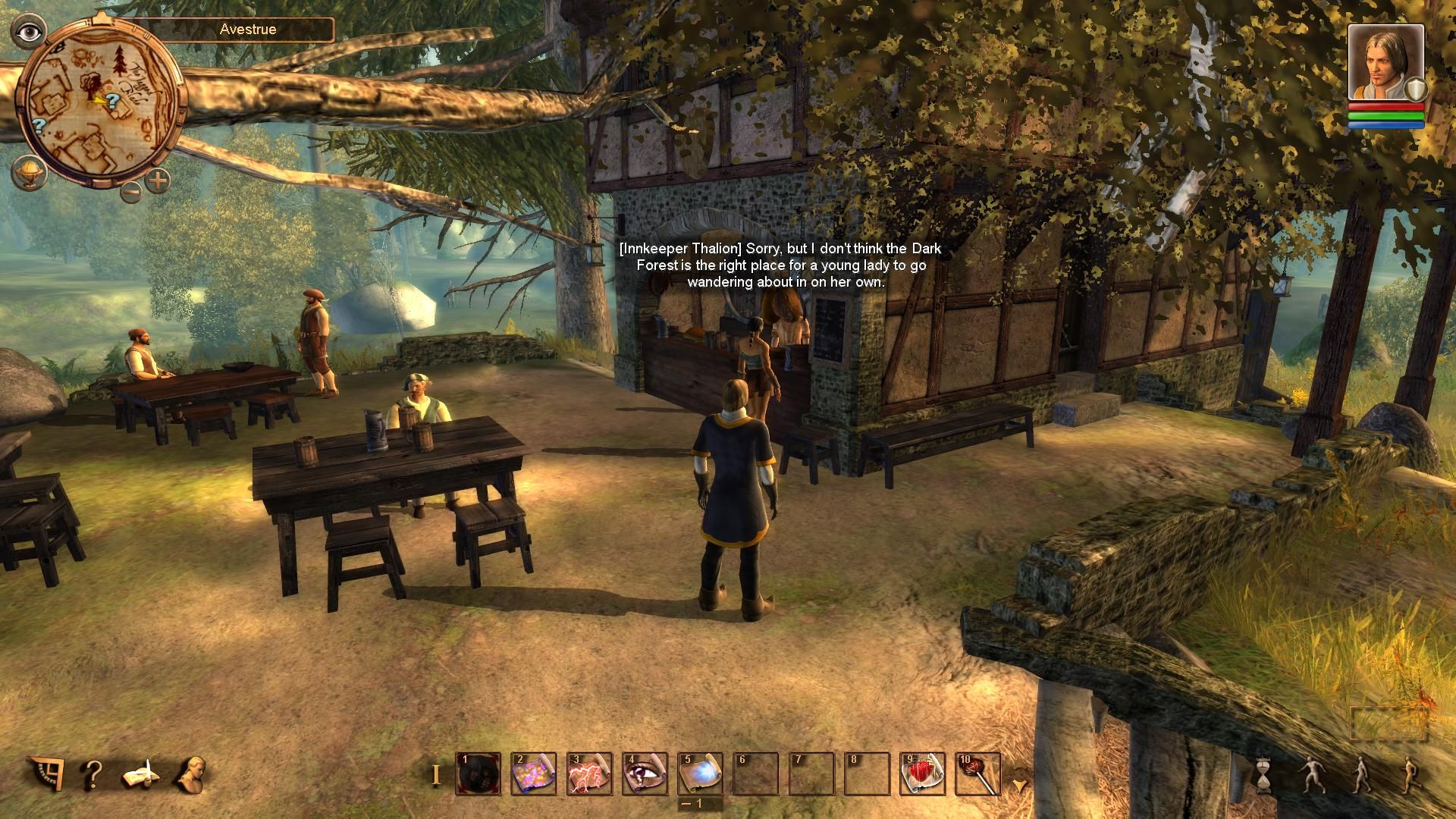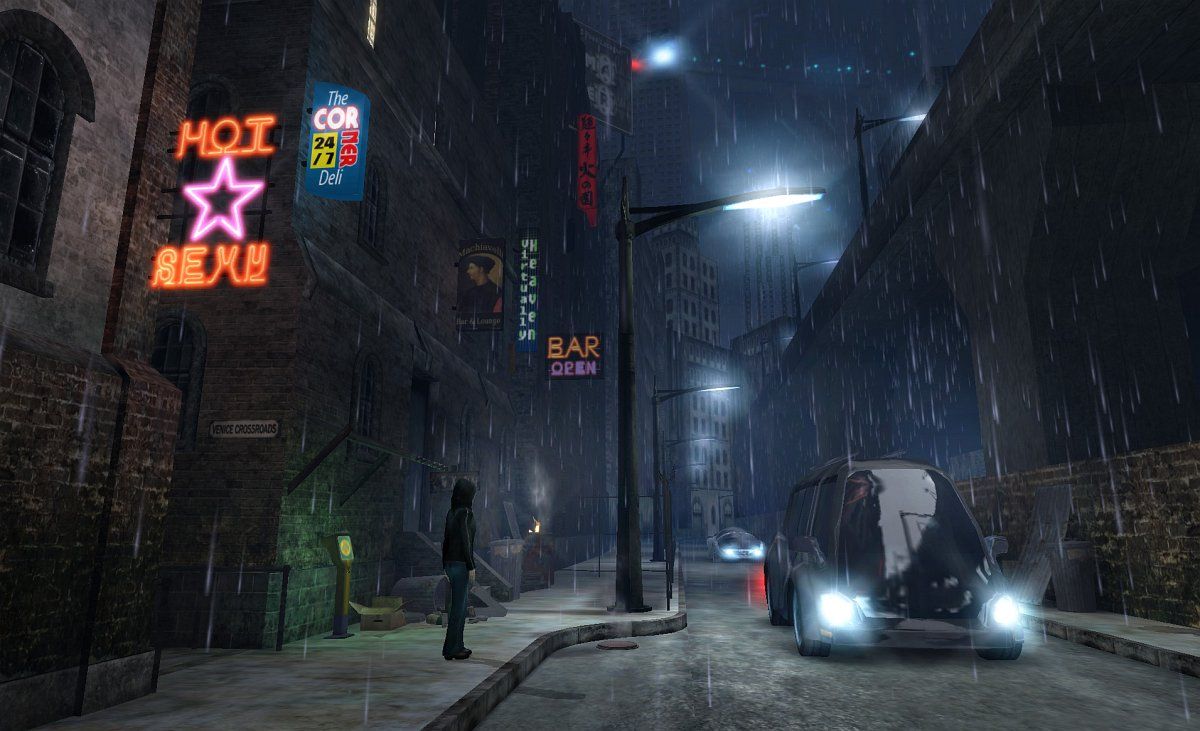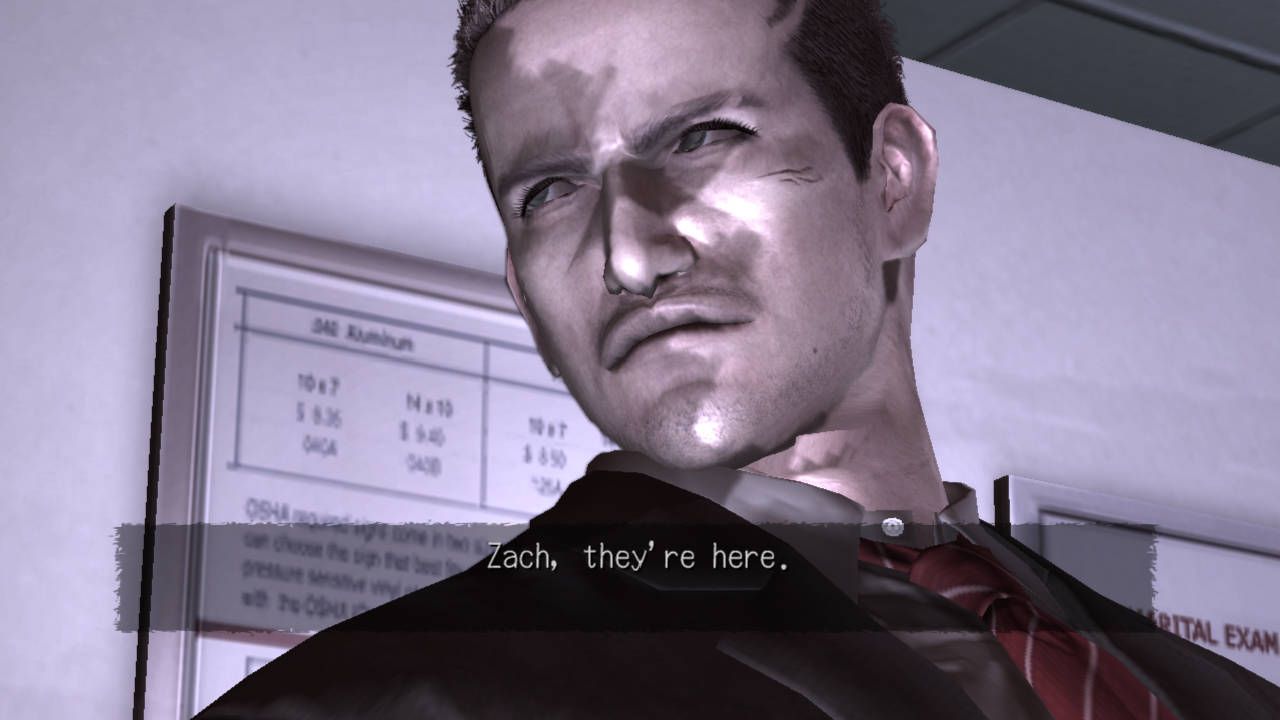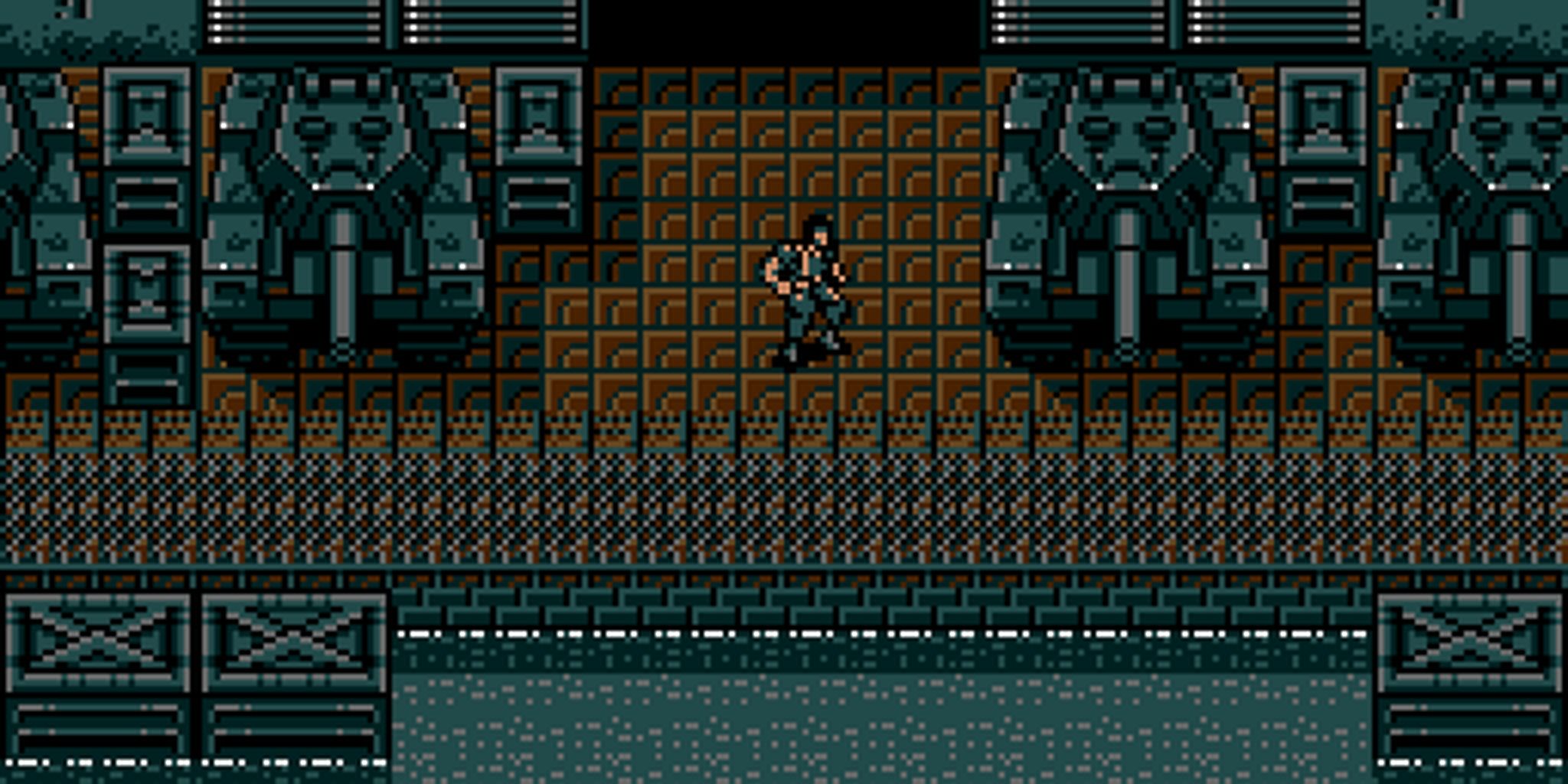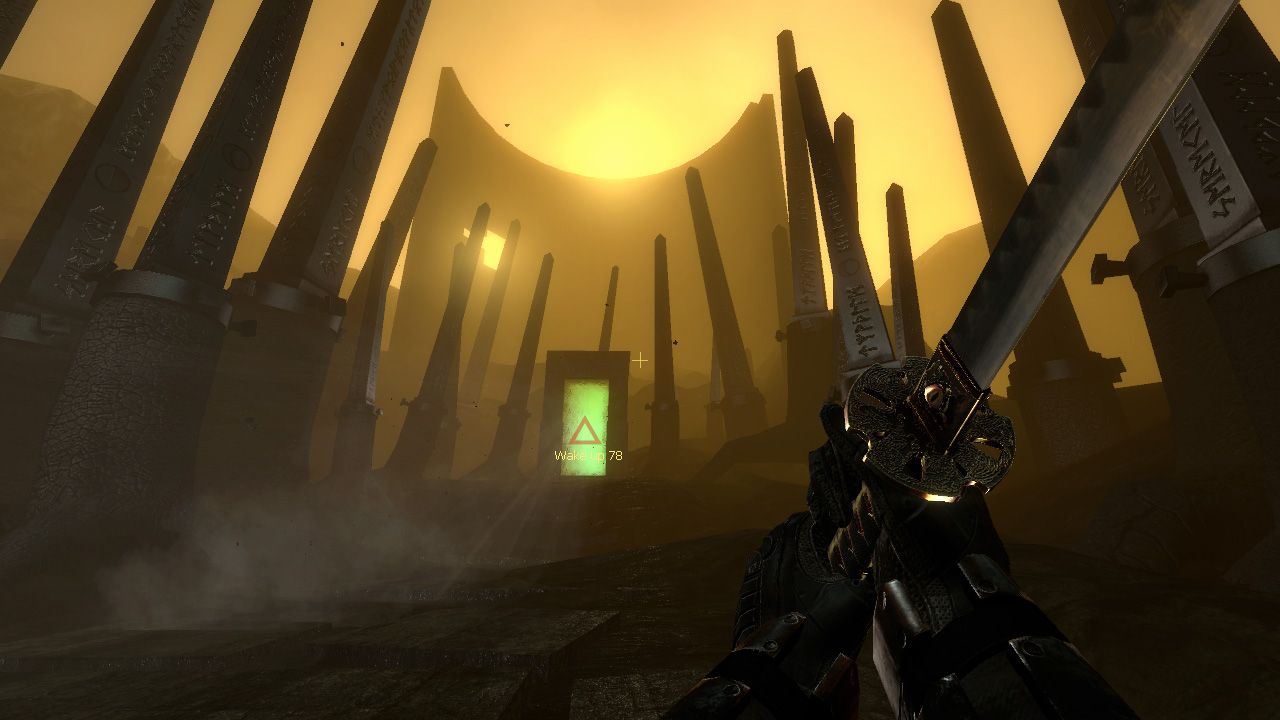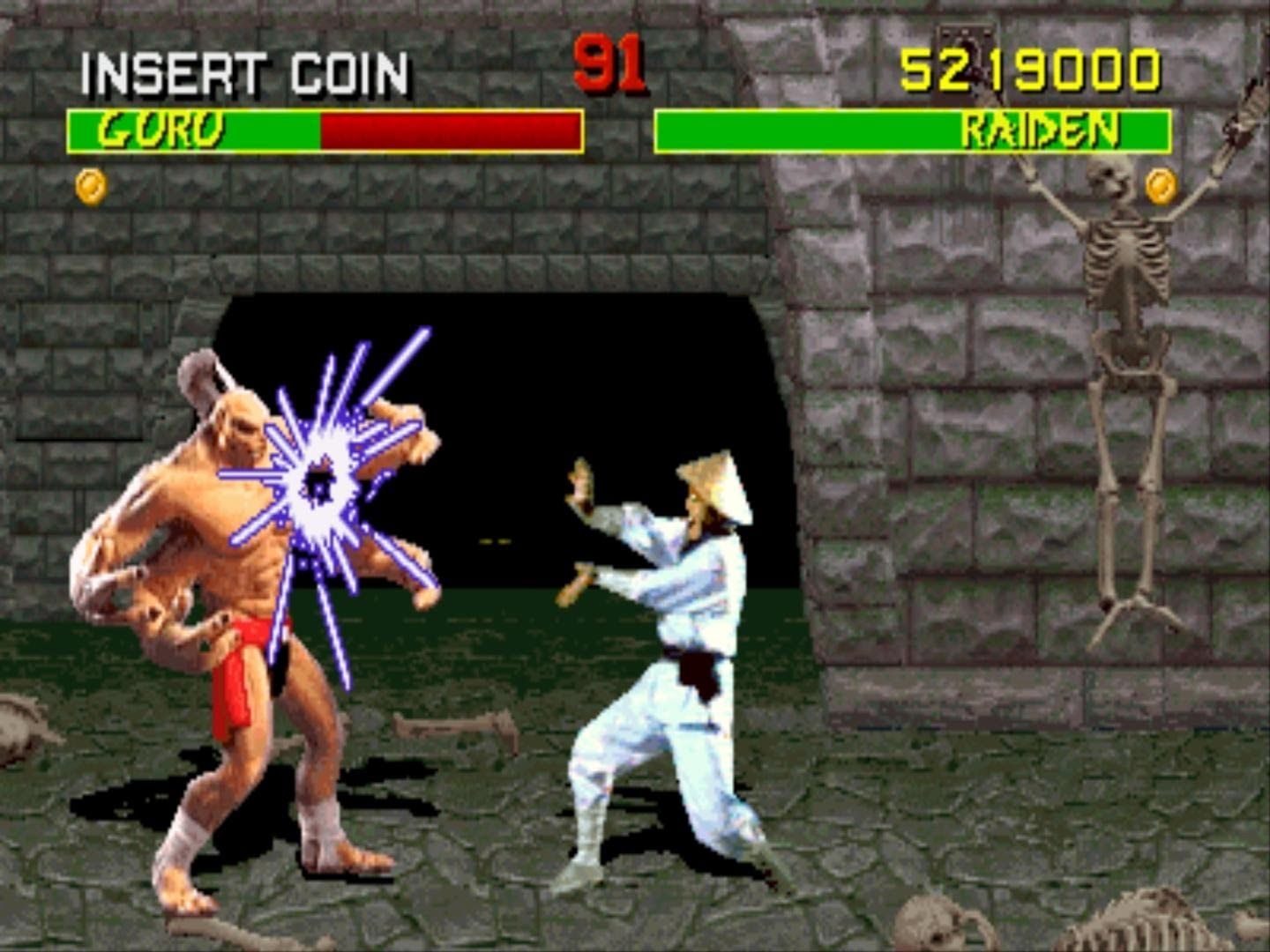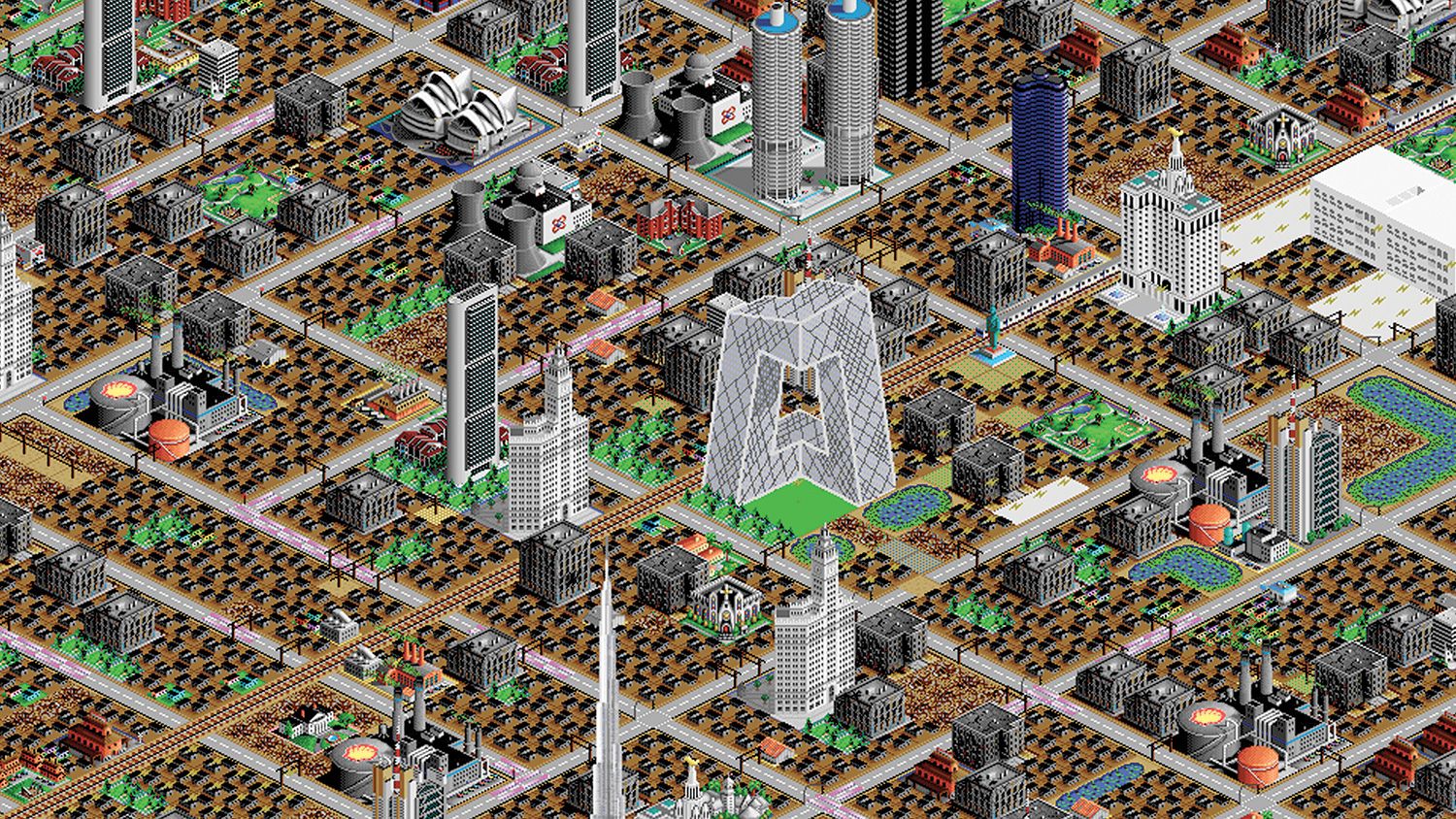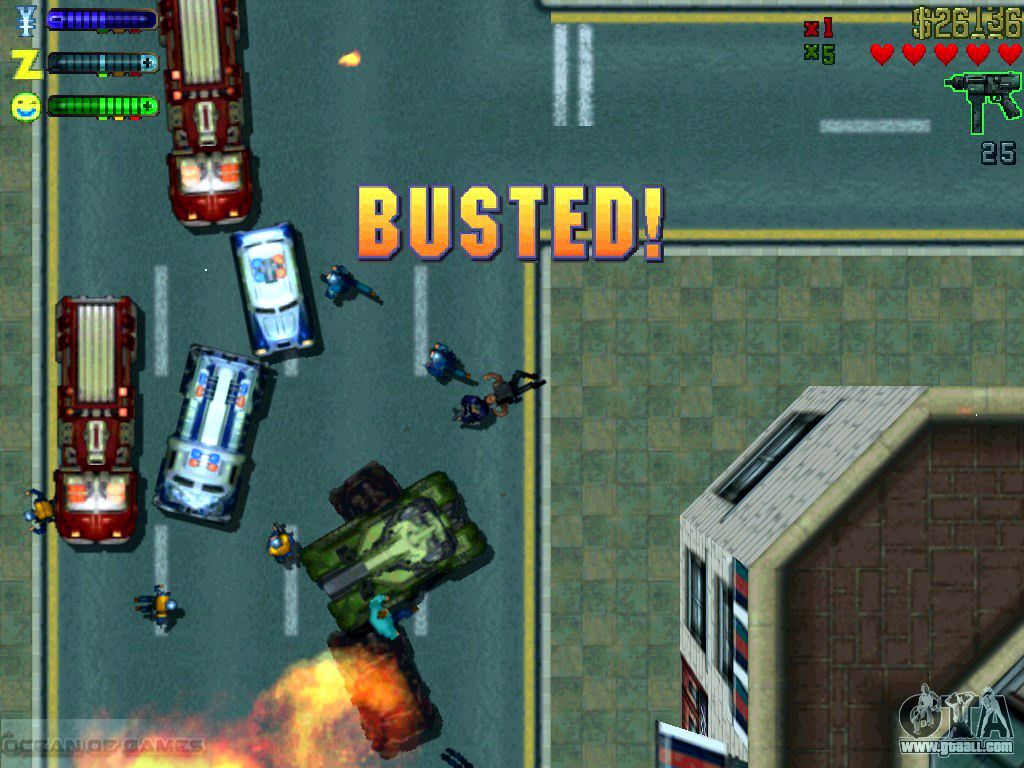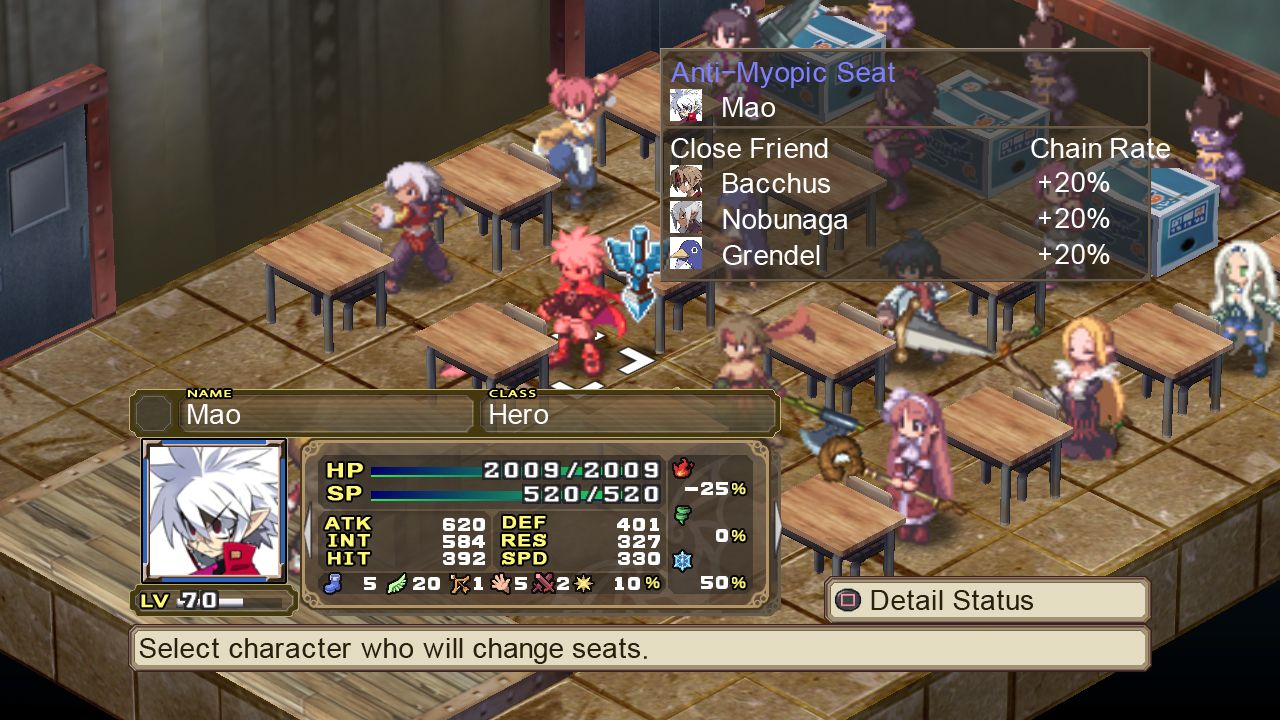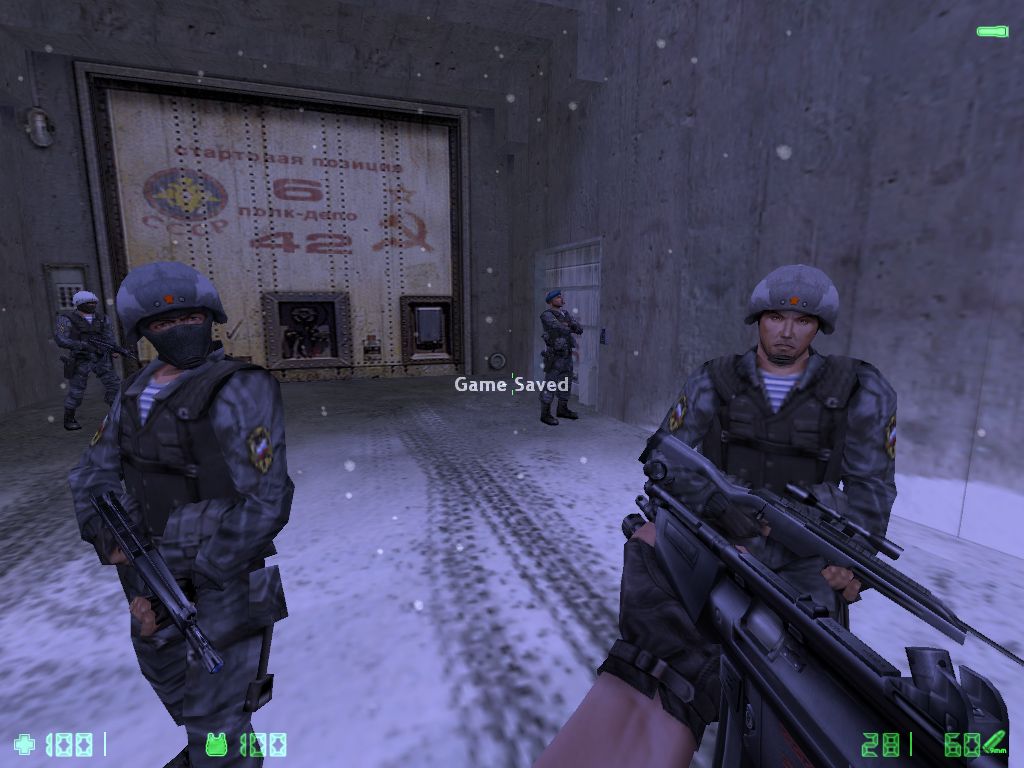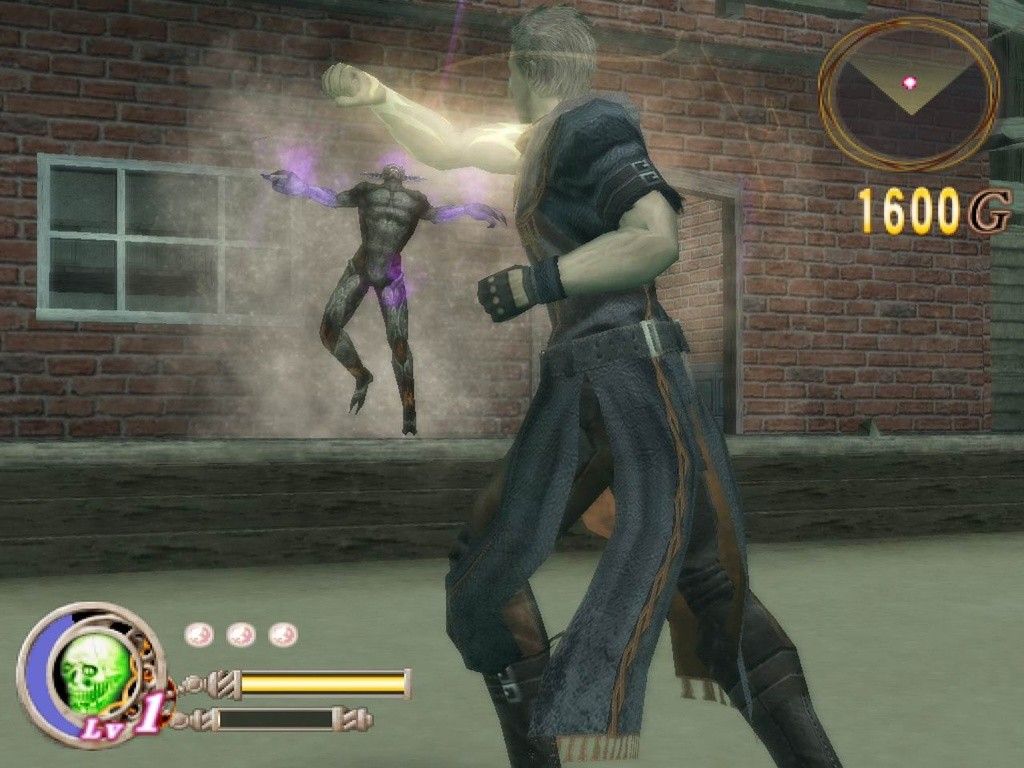Reviews are easy to write. Good reviews are hard to write. This self-evident dilemma has led to a penchant for over-analyzing, both from fans and critics alike; giving too much praise is pandering, too little is clickbait, and middling is cowardice, and that’s even before you consider all the gaming clichés that color how a reviewer might perceive a game before they even go in. Long-standing, critically-acclaimed series are often showered with praise despite not really doing much, while certain developers or publishers are anathema and probably hopeless from the start.
Often, this very tricky context leads people to decry certain games as receiving too harsh or too adoring coverage when, really, they’re probably somewhere more in the middle. But what happens when a game comes out of left-field as something really special? Sometimes, they go on to get great adulation. Titles like The Last of Us, Undertale, and Dark Souls immediately come to mind. But others are left in the dark; some gain a cult following, others are commercially successful in spite of their critical reception, and a few even become so popular later that we forget the mediocre initial reviews. Whether it happens because of one talent-less reviewer or a gaggle of sites that just don’t know what to make of truly innovative design, in this list, we’re going to tackle 15 games that were just too ahead of their time for reviewers.
If you’re more interested in the overrated, make sure to check out our 15 Most Overrated Shooters of All Time.
15 The Legend Of Zelda
It’s hard to imagine a time when the name “Zelda” didn’t immediately garner lavish praise from fanboys (and fanboy-critics) around the world -- which may or may not be necessarily earned. But there was indeed such a time, and it persisted years after the series had made a huge impact on the gaming world -- even to such a point that some argue it saved the NES.
One of the few extant original reviews of the originating title comes from Total! issue 2, released almost six years later, which gave it a meager 78%. Even after the revolutionary effect The Legend of Zelda had on gaming, including the sensational sequel A Link to the Past, had time to digest, the verdict was still out among critics. Maybe that’s why contemporary reviewers play it so safe with famous titles.
14 Hydrophobia
The only game on this list that even comes close to the amount of polarization Hydrophobia received on release is Deadly Premonition, and even that didn’t get quite as much negativity. Much like its idiosyncratic survival horror brother, Hydrophobia takes a conventional story -- essentially, a terrorist attack on a cruise liner -- and focuses on something completely out of nowhere—namely, the water.
The sheer amount of time and energy devoted to creating realistic water physics and environmental interaction is either astounding or astoundingly stupid, depending on who you ask. The original’s questionable combat and penchant for hiding excellent features detract from the experience, but few reviewers actually took the game for what it was trying to be. This was emphasized when a reworked Prophecy version came out, addressing many of the complaints, only to still get lukewarm reviews.
13 Dragon’s Dogma
Early this decade, in a mere two-year period, we got five of the best ARPGs of this generation. Skyrim, Dark Souls, Fallout: New Vegas, and Diablo III have all been rightfully lauded for their exceptional contributions to the genre, even despite their faults; all of them were, at inception, buggy or, in the case of Diablo, had questionable features glossed over.
The fifth addition to that list, Dragon’s Dogma, was not so lucky. Across the board, the game’s lack of polish was ridiculed to more (Play with a 4.8/10) or less (Game Informer with an 8.5/10) effect, even as its epic scale and engrossing battles were universally praised. Though a definitive edition would later come out to much better reviews, the damage was done; some told about the absolutely monolithic scale Dragon’s Dogma manages to achieve, but most were left sorely in the dark.
12 Supreme Commander: Forged Alliance
Nobody’s arguing that Supreme Commander: Forged Alliance is bad. Quite literally, as it turns out, since the worst any non-defunct publication has to say about it is that “it’s not (a) beginner’s RTS.” The problem isn’t so much that Forged Alliance is disliked, but rather, that it isn’t given the universal acclaim it deserves. Even supposed “praise” heaped on by other reviews sound phoned-in or bored, such as:
“An enticing budget...game.”
“Faster gameplay, bigger maps, more units, and a new race? Did I miss anything?”
“It's just not quite enough to rekindle interest.”
But so much more is there. In addition to the units, maps, and race, Forged Alliance ramps up the display with better graphics and a new interface that manages to be easier to navigate and more aesthetically pleasing. It then turns the strategies customary to the original on their head by completely retooling the AI -- for the better. Not quite “8/10, it’s ok” is it?
11 Drakensang: The Dark Eye
Today, if you want to play a role-playing video game while remaining true to your tabletop roots, you can take your pick; Divinity: Original Sin and Pillars of Eternity provide outstanding story-driven adventures, with the former’s soon-to-release sequel even including an in-depth Dungeons and Dragons replica in Master Mode. Back in 2008, it was a little more difficult to find a suitable alternative to getting a good Dungeon Master.
Thankfully, one of the few experiences available, Drakensang: The Dark Eye, was also superb -- you just wouldn’t know it by middling reviews. The game blends together many of the conventions common in video game RPGs with the distinctive rules of the Dark Eye board game, creating a unique experience nonetheless lambasted as “archaic” and “overly complicated” despite that being the point. At least it would be vindicated as old-school became cool only a few years later.
10 Dreamfall: The Longest Journey
Dreamfall: The Longest Journey was unfortunately a product of its time. The original Longest Journey, a point-and-click puzzle game, was met with great fanfare and hailed as being one of the best adventure games of all time. So it’s a bit surprising to hear that the follow-up, which incorporates stealth and action sequences, is decried as failing “as a game.”
Of course, the puzzles aren’t gone, they’re just no longer the focus; and even if they were, how is it any less a “game” than the original everyone so adored? Dreamfall got caught between two sources of unwarranted hate: diehard The Longest Journey purists and mechanics-first fanatics. Compared to many of the derogatorily-proclaimed “walking sims” out today, Dreamfall is chock full of gameplay and those games owe a clear debt to this entry for being willing to put story first.
9 Deadly Premonition
There are two kinds of gamers: those who like Deadly Premonition and those who don’t. Despite what some might say, no one really gets it -- and if you disagree, Zach, you’re a liar -- but that’s beside the point. The beauty of the game is much like that of its loose source material, Twin Peaks, it’s in the moderately self-aware shlock. While game designer Swery might not have the pedigree of David Lynch, he nails the tone perfectly.
And yet, the division persists, evident in the distinction between IGN’s US and UK reviews -- a difference of 5.5 points! The incorrigible Jim Sterling even gave it a 10/10. It even holds the Guinness Book of World Record’s Most Critically Polarizing Survival Horror Game award. Try it for yourself and see which side you’re on, but for the purposes of this list, most reviewers need to take a second look.
8 Metal Gear
Out of all the entries on this list, you might be most lenient on the reviewers of Metal Gear. It’s not often, after all, that a game invents a genre. Regardless of the debate as to whether “invent” is too generous (it’s not), the case is even more confusing given that the genre in question is stealth. Imagine, for the first time, having a shooter that actively rewards you for avoiding conflict.
It’s easy to see why a lot of reviewers didn’t get the point, citing vague appeals to reinvent the shooter genre or reverting to the clueless reviewer’s refuge -- saying the graphics aren’t up to par. Though some critics were more positive, often referring to the suspense or sense of thrill the game instilled, most didn’t seem to grasp exactly what made the game so great. Players clearly did though, as Metal Gear would go on to be one of today’s most massive franchises.
7 E.Y.E: Divine Cybermancy
Very few people know the ins and outs of E.Y.E: Divine Cybermancy. Even longtime players have to consult complex charts and labyrinthian wikis to get to some of the more esoteric issues that pop up, whether it’s designing a usable build or simply navigating the plot.
It’s precisely that difficult learning curve that left a lot of reviewers baffled. Even exceptionally critical reviews noted the “many options and ideas and artistic potential” behind the “confused nonsense” and “schizophrenic” gameplay. But a steep learning curve is no excuse for saying a game is bad, else EVE Online, Dwarf Fortress, even Deus Ex might be designated to the dustbin of video game history. E.Y.E. makes the (wonderful) mistake of relishing in its quixotic machinations, forcing some reviewers to fail twice: once in their gameplay, and again in their review.
6 Mortal Kombat
It’s not surprising to many that Mortal Kombat was controversial upon release; the ultra-violence inherent in the series got the squeamish running and holy rollers shouting, a quality which has only been mitigated slightly in recent renditions. But would you be surprised to hear someone call it a Street Fighter clone?
That’s exactly what Sinclair User argued in 1993, and things only got worse from there. While it’s not fair to characterize all of the arcade version reviews as negative -- in fact, most were positive -- but when it came to home media, some went so far as to give the game a failing grade. It is true that the ports were far from great, but it seems that some reviewers simply had a penchant for exaggeration. Regardless, the series’ inception clearly stands out as a unique and enduring take on the genre.
5 SimCity 2000
It seems reviewers didn’t know what to make of SimCity 2000, but it’s clear they didn’t think much of it. My reasoning? The complaints were all over the place. IGN made a huge deal about the fact that a mouse was a prime feature...while other critics praised it due to the game’s incorporation of the short-lived PlayStation Mouse. Some even simply took to calling it boring, uninspired, or other non-criticisms.
What is often ill-considered is the absolutely mind-boggling amount of new gameplay that 2000 manages to pack in to the award-winning SimCity formula: new cultural centers, habitats, power varieties, infrastructural additions (including toll roads), are combined seamlessly with quality-of-life changes like building color indicating condition and a large amount of tile information for those who wish to maximize player choice. It’s no wonder it would later be found on multiple “best of all time” lists.
4 Grand Theft Auto 2
There’s reason to argue that the original Grand Theft Auto is the less recognized of the first two GTA games, as it did kick off one of the most revolutionary series of all time; but Grand Theft Auto 2 gets the spot here because it somehow got worse reviews despite adding a load of new features that really made the series recognizable as what it is today.
IGN (awarding a 7.3) and GameSpot (less generous at 6.9) both detract points for it being, respectively, “very (similar) to the original” and more bluntly, “the same old game.” Of course, the inclusion of a gang system (recurring in San Andreas), the 6-star wanted level (used until V), side missions (coming to prominence in IV), and in-depth NPC interactions were either not mentioned, or not considered enough to sway the same critics who would later praise GTA III for perfecting the formula.
3 Disgaea 3
The Disgaea series in known as much for its innovative map mechanics as its diverse, if edgy, character design. In both cases, each entry serves as connective tissue, linking to previous incarnations while adding on something new or learned. For some reason, reviewers thought that Disgaea 3 was an anomaly, earning lukewarm reception despite a host of gameplay additions, including Magichange and Evilities.
It’s somewhat telling that IGN’s initial review settles on a 6.7 score due mostly to the look of the game. Ostensibly “mechanical” complaints are relegated to display issues, like the menus and cursor, but they had nothing to say about the major gameplay elements; the new mechanics weren’t even mentioned besides a passing explanation of Geo Panels. Other reviews focused on similar stylistic issues, taking precedence even when critics like Game Revolution did mention the mechanics, despite Disgaea 3 laying the groundwork for 4 and 5.
2 Counter-Strike: Condition Zero
Of the main games in the phenomenally successful Counter-Strike series, Condition Zero is the black sheep. It’s pretty clear why, too: the game went through multiple developers and Valve, which worked on development for the other main series entries, acted simply as a publisher. Most of the reviews make reference to this fact, slapping on otherwise excusable, if accurate qualms about the game -- such as GameRevolution’s belabored critique of unlocking levels -- as proof that the entirety of the game is terrible.
But really, the solid base game is still there, and though it may be frustrating that the game wasn’t better, considering the resources and hype that went into it, the fact that the game was completely remade but also kept much of the original development in Deleted Scenes meant it was bursting with content. Maybe it’s not quite the looker that it could’ve been, but with solid maps, mechanics, and a heaping helping of guns, it’s far from the embarrassment some claim it to be, and the massive amount of content arguably contributed to the series’ current fascination with lots and lots and lots of material for players to work with.
1 God Hand
God Hand is the subject of quite possibly the worst review of all time published by a major video game outlet. I’m not exaggerating. IGN’s take on God Hand colored the industry’s impression of the game for years to come, despite the reviewer’s exceptionally poor description. To lay it out, they argue that the story is lame and “intentionally like a B-movie.” Fair enough.
He then goes on to praise the combat, which allows you to “customize exactly which moves you want in a combo string” only to immediately criticize said combat as “button mashing.” What? One of the most often-cited positive qualities of the game is the sheer depth of the combat, which encourages the player to do exactly what was originally described, so that you don’t simply have to “simply let yourself be killed” as the writer apparently did. Clearly, there was a fundamental misunderstanding of the game, highlighted by God Hand’s inclusion in IGN’s Top 100 PS2 Games -- a telling reversal for a genre-defying brawler.

